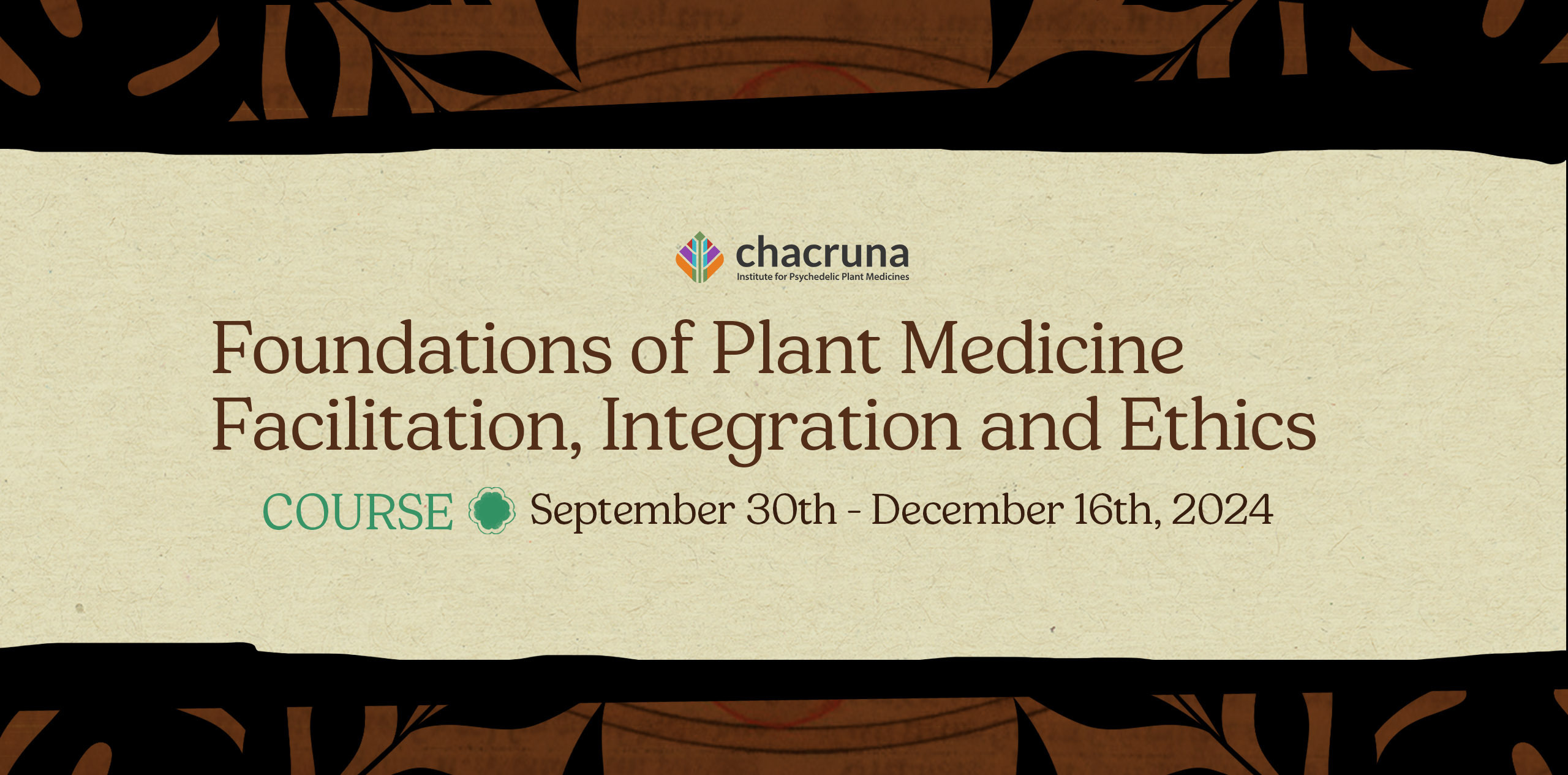September 30th – December 16th, 2024, 10:30am-12pm PDT/1pm-3pm EST
Price $700 USD
Price $320 for CE credits
Information on Continuing Education Credits for Health Professionals
- CE credits for psychologists are provided by the Spiritual Competency Academy (SCA) which is co-sponsoring this program. The Spiritual Competency Academy is approved by the American Psychological Association to sponsor continuing education for psychologists. Spiritual Competency Academy maintains responsibility for this program and its content.
- The California Board of Behavioral Sciences accepts CE credits for LCSW, LPCC, LEP, and LMFT license renewal for programs offered by approved sponsors of CE by the American Psychological Association.
- LCSW, LPCC, LEP, and LMFTs, and other mental health professionals from states other than California need to check with their state licensing board as to whether or not they accept programs offered by approved sponsors of CE by the American Psychological Association.
- SCA is approved by the California Board of Registered Nursing (BRN Provider CEP16887) for licensed nurses in California. RNs must retain their certificate of attendance for 4 years after the course concludes.
- For questions about receiving your Certificate of Attendance, contact [email protected]
For questions about CE, contact Spiritual Competency Academy at [email protected].
CE Credit Requirements
- Student must be in attendance with their camera on for the entirety of the class session
- Student must be actively participating in the class session (asking questions, contributing to discussion, etc.)
- Student must fill out an evaluation and assessment form at the end of the course, which will be provided by Chacruna
- Collective CE credits will be awarded at the end of the course given that all of the above requirements are met
*please note that you must purchase a ticket for CE credits on Eventbrite in order to receive CE credits
*please note that if you miss a class, you will not be awarded CE credits for that session and cannot be refunded for the CE cost
*please note that the first and last class do not count towards CE credits
Class Recordings and Lecture Slides Policy
Recordings of the lectures will be sent to the students a week before the class is scheduled to take place.
Lecture slides from the classes may be provided to the students at each professor’s discretion. We encourage everyone to come to each class in-person and on time as we cannot guarantee providing these resources in all circumstances.
You can find more information to Frequently Asked Questions here.
Refund Policy click here
Classes
Click on the class to read the description
Class One – Introduction
Monday, September 30th, 2024, 10:30am–12pm PDT/1:00pm-3pm EST
Professors: Dr. Lígia Duque Platero and Dr. Bia Labate
In this initial class, students will introduce themselves to others in the course, be introduced to the professors and their backgrounds, and gain an understanding of the curriculum and program. Students will leave with preparation for the following classes being taught and a general understanding of the topics that will be discussed throughout the course.
Class Two – Navigating the role of facilitator: Intercultural competency, epistemic humility and self-awareness
Monday, October 7th, 2024, 10:30am–12pm PDT/1:00pm-3pm EST
Professor: Adam Aronovich
Class Three – What should a psychedelic facilitator know about a trauma informed approach to healing?
Monday, October 21th, 2024, 10:30am–12pm PDT/1:00pm-3pm EST
Professor: Licia Sky
Class Four – The role of spirituality, ritual, music and community in psychedelic facilitation
Monday, October 28th, 2024, 10:30am–12pm PDT/1:00pm-3pm EST
Professor: Glauber Loures de Assis
Class Five – How can Zendo harm reduction principles inform psychedelic facilitation?
Monday, November 4th, 2024, 10:30am–12pm PDT/1:00pm-3pm EST
Professor: Simone Weit and Tim Crespi
Over the past 13 years, The Zendo Project has been offering psychedelic peer support, harm reduction services, and Zendo trainings at events. Along with thousands of volunteers and guests receiving services, Zendo staff and volunteers have developed and evolved what they consider to be best practices for reducing potential harm for those who have embarked on a psychedelic journey and who need support. Zendo’s specialized work in harm reduction and response to challenging psychedelic experiences has broad applicability to plant medicine ceremonies, and this class will engage students in an exploration of best practices to support practitioners in mitigating risk and responding to difficulties or crisis. In this class we will explore what leads to harm in psychedelic spaces, Zendo’s core principles for harm reduction, de-escalation strategies, and tools for working with adverse events. This class focuses on how to use practical skills in supporting anyone experiencing challenges in a non-ordinary state of consciousness in plant medicine work and beyond. Live discussion will provide an opportunity to learn from case studies and developattuned and responsive care during challenging psychedelic experiences.
Class Six – Fundamental psychological principles for psychedelic facilitators
Monday, November 18th, 2024, 10:30am–12pm PDT/1:00pm-3pm EST
Professor: Clancy Cavnar
Class Seven – Preparation and Integration for Plant Medicine Ceremony Contexts
Monday, November 25th, 2024, 10:30am–12pm PDT/1:00pm-3pm EST
Professor: Bruno Ramos Gomes
Class Eight – Psychedelic Care and Ethics
Monday, December 2nd, 2024, 10:30am–12pm PDT/1:00pm-3pm EST
Professor: Jamie Beachy
Ethical practice is essential for the responsible and compassionate facilitation of psychedelic care in ceremonial and therapeutic contexts. Ethical care begins with reciprocity and healthy, just relationships. Broader than a set of rules designed to dictate behavior and prevent exploitation, sustained ethical care is rooted in moral sensitivity cultivated over time and through community accountability. Accountability empowers practitioners and facilitators to navigate the rich landscape of psychedelic experience with respect and reverence for the well-being of individuals, communities, and plant medicine traditions. This class will consider informed consent, the use of touch, the potential for misuses of power in altered states of consciousness, the subtleties of implicit bias, dual relationships, and power differentials in psychedelic care. Participants will be encouraged to identify opportunities for building support and responsibility in their own professional and community contexts. Emerging ethical standards from credentialing organizations, insights from Indigenous scholar-practitioners, and real life case studies will provide tangible illustrations of ethical psychedelic care.
Class Nine – Between psychedelic therapy and ceremony: when above ground treatment is not enough
Monday, December 9th, 2024, 10:30am–12pm PDT/1:00pm-3pm EST
Professor: Jordan Sloshower
Recent clinical trials of psychedelic therapies have demonstrated the significant potential of these treatments for addressing a variety of mental disorders and forms of distress. However, there are significant limitations, both in terms of accessibility and effectiveness, to psychedelic treatments currently available in clinical and clinical trial settings in the United States. Drawing on his experience conducting psilocybin-assisted psychotherapy in clinical trials and ketamine-assisted psychotherapy in private practice, and as a participant in a variety of plant medicine ceremonies, the instructor will introduce some of these limitations and then focus on the ethical and clinical issues posed when clients express the desire to pursue underground psychedelic therapy or plant medicine ceremonies. Specifically, we will explore the tensions involved in making recommendations or referrals and consider how to adopt a harm reduction approach. In so doing, we will explore potential benefits and risks associated with different contexts of psychedelic use among clinical populations (e.g. treatment flexibility/variability, levels of oversight and support, forms of preparation and integration). Case studies from the instructor’s real world experience will provide the opportunity to consider and work through several challenging scenarios.
Class Ten – Conclusion
Monday, December 16th, 2024, 10:30am–12pm PDT/1:00pm-3pm EST
Professor: Dr. Lígia Duque Platero and Dr. Bia Labate
In this final class, we will strive to summarize everything taught throughout the course. In doing so, we will recap the main concepts, highlight the main moments, and give folks a chance to voice any significant takeaways about the topics discussed. We will also do a critique of the course and think of ways to improve it for future teachings.
Professors
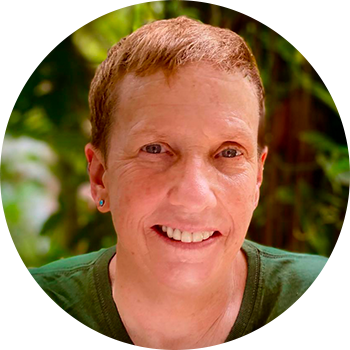
Clancy Cavnar (she/her) has a doctorate in clinical psychology (Psy.D.) from John F. Kennedy University in Pleasant Hill, CA. She currently works in private practice in San Francisco, and is Co-Founder and a member of the Board of Directors of the Chacruna Institute for Psychedelic Plant Medicines. She is also a research associate of the Interdisciplinary Group for Psychoactive Studies (NEIP). She combines an eclectic array of interests and activities as clinical psychologist, artist, and researcher. She has a master of fine arts in painting from the San Francisco Art Institute, a master’s in counseling from San Francisco State University, and she completed the Certificate in Psychedelic-Assisted Therapy program at the California Institute of Integral Studies (CIIS). She is author and co-author of articles in several peer-reviewed journals and co-editor, with Beatriz Caiuby Labate, of eleven books. For more information see: http://www.drclancycavnar.com.
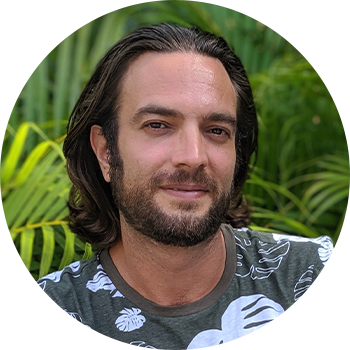
Adam Aronovich is a doctoral candidate in Anthropology and Communications at Universitat Rovira i Virgili in Catalonia, focusing on Medical Anthropology and Cultural Psychiatry. He is an active member of the Medical Anthropology Research Center (MARC) and has spent close to 5 years living and working in the Peruvian Amazon, conducting extensive fieldwork and qualitative research in collaboration with ICEERS, the Beckley Foundation, and, more recently, the Centre for Psychedelic Research at Imperial College. Beyond research, Adam has facilitated healing retreats and workshops in the Peruvian Amazon and, currently in Mexico. He is also a process facilitator and provides preparation and integration support in private practice and the co-founder and COO of Hidden Hand Media, a creative agency in the space of transformation and technology. Additionally, Adam is Media Associate for the Chacruna Institute for Psychedelic Plant Medicines.
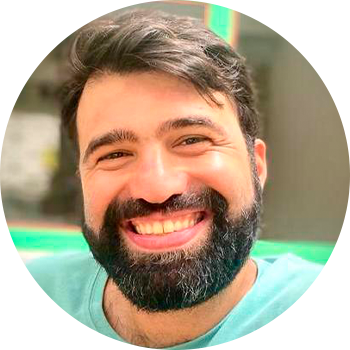
Dr. Glauber Loures de Assis is Associate Director of Chacruna Latinoamérica in Brazil. He has a Ph.D in sociology from the Federal University of Minas Gerais (UFMG) and is Research Associate at the Interdisciplinary Group for Psychoactive Studies (NEIP) in Brazil. His main interests include the ayahuasca religions, new religious movements, the internationalization of the Brazilian religions, drug use in contemporary society, and psychedelic parenthood. He is the author of numerous articles and book chapters, and the co-editor of the book Women and Psychedelics: Uncovering Invisible Voices (Synergetic Press/Chacruna Institute, in press). Glauber is also an ayahuasca practitioner with 15 years of experience. He has built this practice in dialogue with his local Brazilian ayahuasca community and with the blessings of Indigenous elders and activists in Brazil. He is also the leader of Jornadas de Kura, a plant medicine center in Brazil that promotes a bridge between the ceremonial use of sacred plants and psychedelic science. He is father to 3 children and lives with his wife Jacqueline Rodrigues in Santa Luzia, Minas Gerais, Brazil.
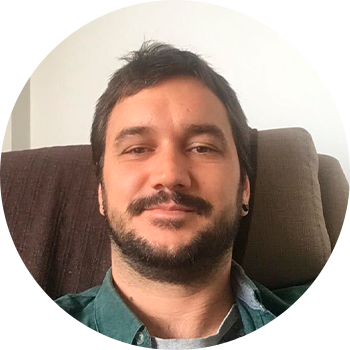
Bruno Ramos Gomes is a Brazilian psychologist, with Master’s degree in Public Health at the School of Public Health-USP, and a PhD in Public Health at University of Campinas, Brazil. In his masters, he researched the use of ayahuasca in the recovery of homeless people and drug users. In his PhD, he did a 12 month qualitative follow-up of patients treating drug dependence and depression. He has been helping patients integrate ibogaine and ayahuasca in their therapeutic processes for the last 12 years. He is a member of the ICARO (Interdisciplinary Cooperation for Ayahuasca Research and Outreach)-UNICAMP and Chacruna’s Ayahuasca Community Committee.
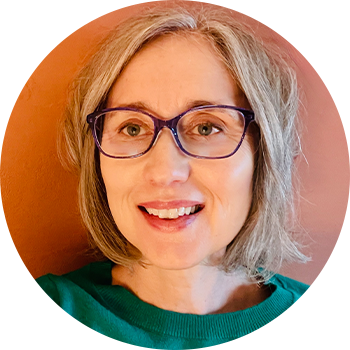
Jamie Beachy PhD, MDiv, is a professional chaplain, spiritual care educator, and ethics consultant with experience in palliative care, hospice, and trauma care. Jamie was a sub-investigator for MAPS Phase 3 clinical trials researching the safety and efficacy of MDMA-Assisted Therapy for the treatment of PTSD and currently serves as an MDMA-AT associate supervisor. Jamie developed degree program offerings and curricula related to psychedelic therapies as Director of Education and Co-founder of Naropa University’s Center for Psychedelic Studies. She is currently Field Scholar with Emory’ University’s Center for Psychedelics and Spirituality. Jamie sits on the Board of Directors of the Chacruna Institute for Psychedelic Plant Medicines. She lives in the mountains above Boulder with her husband Wael Garas, an integrative physician.
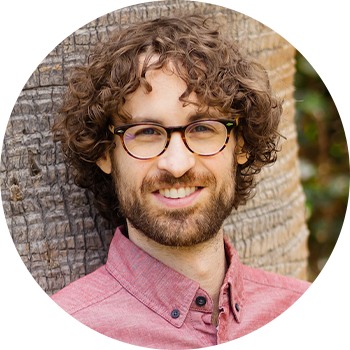
Jordan Sloshower, MD, MSc is a psychiatrist, researcher, and educator whose work focuses on therapeutic applications of psychedelic medicines, and in particular, how these novel treatments can be delivered in a manner that promotes holistic healing and social justice. He is co-director of West Rock Wellness, PLLC and a clinical instructor in the Yale Department of Psychiatry, where he co-founded the Yale Psychedelic Science Group and served as an investigator and therapist in several clinical trials of psilocybin-assisted therapy. Jordan is also a clinical investigator in MAPS’ Expanded Access Program for MDMA-assisted therapy of PTSD and serves as a trainer with Usona Institute’s psilocybin facilitator training program. Reflecting his commitment to ethical stewardship of psychedelic medicines, Jordan was elected to the Board of Directors of the American Psychedelic Practitioners Association and serves as a member of Chacruna Institute’s Council for the Protection of Sacred Plants. Jordan’s interdisciplinary perspective is informed by prior training in medical anthropology and global health, and deep interests in ceremonial uses of plant medicines, Buddhist philosophy, and integrative approaches to wellness.
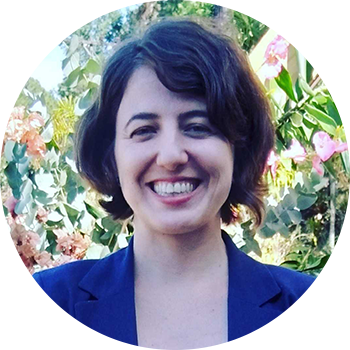
Lígia Duque Platero is Chacruna’s Education Program Associate. She is a queer, cisgender Brazilian woman. She has an interdisciplinary background in history, anthropology and Latin American studies. She holds a bachelor’s degree in history (2005) and a history teacher training qualification (2006) from the University of São Paulo (USP), in Brazil. She has a master’s degree in Latin American Studies from the National Autonomous University of Mexico (UNAM – 2012) in Mexico City, addressing public policies in relation to Indigenous peoples and Indigenous education in Brazil and Mexico from the 1940s-1970s. She has a doctorate in humanities, with an emphasis on cultural anthropology (2018), from the Federal University of Rio de Janeiro (UFRJ), in Brazil. Her PhD looked at the cultural transformations and exchanges amid the alliance between the Yawanawá Indigenous people and an urban church of Santo Daime. Her main research focus areas are: ayahuasca, Santo Daime, sacred plants, shamanic tourism, Yawanawá (Pano) people, Indigenous policies and human rights in Brazil and Mexico. She is a research associate at the Interdisciplinary Group for Psychoactive Studies (NEIP) and at the Laboratory for the History of Religious Experiences (UFRJ/IFCS) in Brazil.
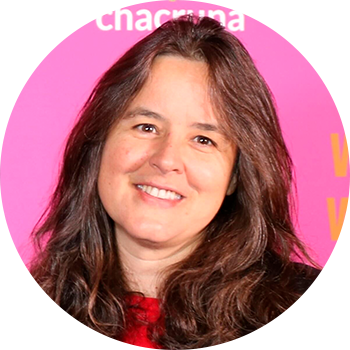
Dr. Beatriz Caiuby Labate (Bia Labate) is a queer Brazilian anthropologist based in San Francisco. She has a Ph.D. in social anthropology from the University of Campinas (UNICAMP), Brazil. Her main areas of interest are the study of plant medicines, drug policy, shamanism, ritual, religion, and social justice. She is Executive Director of the Chacruna Institute for Psychedelic Plant Medicines and serves as Public Education and Culture Specialist at the Multidisciplinary Association for Psychedelic Studies (MAPS). She is also Visiting Scholar at the Graduate Theological Union in Berkeley. Additionally, she is Advisor for the Veteran Mental Health Leadership Coalition and the Soltara Healing Center. Dr. Labate is a co-founder of the Interdisciplinary Group for Psychoactive Studies (NEIP) in Brazil and editor of its site. She is author, co-author, and co-editor of twenty-eight books, three special-edition journals, and several peer-reviewed articles (https://bialabate.net).
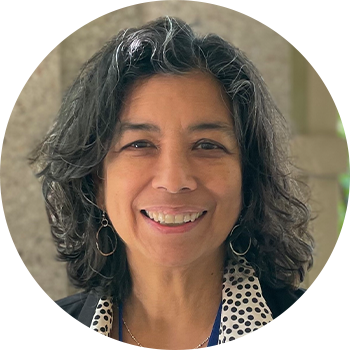
Licia Sky is Co-founder of the Trauma Research Foundation. She is a somatic educator, artist, singer-songwriter, and bodyworker who works with traumatized individuals and trains mental health professionals to use mindful meditation in movement, theater exercises, writing, and voice as tools for attunement, healing, and connection. She is a regular instructor in trauma healing workshops at Cape Cod Institute, Kripalu, and Esalen. For the past decade, she has been teaching expanded awareness in workshops to clinicians and laypeople around the world.
Take a minute to browse our stock:
Did you enjoy reading this article?
Please support Chacruna's work by donating to us. We are an independent organization and we offer free education and advocacy for psychedelic plant medicines. We are a team of dedicated volunteers!
Can you help Chacruna advance cultural understanding around these substances?










